Recently, the Politburo issued Resolution 71 on breakthroughs in education and training development, which sets the goal of providing free textbooks to students nationwide by 2030. VietNamNet had an interview with Associate Professor, Dr. Bui Hoai Son, Standing Member of the National Assembly's Committee on Culture and Education, about the impacts of this policy when implemented in practice.
- If provided free textbooks are implemented in practice, what impact will it have, sir?
Providing free textbooks to students, if implemented synchronously and drastically, will certainly create far-reaching social impacts. First of all, this policy directly reduces the financial burden on millions of families.
Every time the new school year is about to begin, the issue of buying textbooks has become a familiar concern for many parents, especially in rural, mountainous and island areas. For well-off urban families, buying a few sets of books is not too difficult, but for many poor households, it is a significant expense, sometimes even having to be weighed against other minimum living expenses.
When the State decides to take care of this part, it is a practical sharing, helping parents feel more secure, saving resources to focus on other equally important needs such as nutrition, health or extracurricular activities for their children.

Furthermore, the policy affirms a social value: Knowledge is a common asset of the nation, and all children have the right to equal access. When all students, whether in the lowlands or the highlands, hold the same set of books, it is not only a learning tool but also a symbol of social justice.
This positive impact will spread to the whole society. When knowledge is disseminated equally, education will have the opportunity to improve its quality, because students will no longer be distracted by worries about shortages. Teachers will also be able to teach with peace of mind when all students have enough books.
Furthermore, people's trust in the State's policies and care will be strengthened, becoming a driving force for the whole society to join hands in caring for the cause of educating people.
- One of the issues of concern today is the educational gap between urban and rural areas, lowlands and highlands. In your opinion, can the policy of providing free textbooks contribute to narrowing this gap and improving the level of equal access to education between regions?
I think this is the most important benefit of the policy. For a long time, the difference in learning conditions between regions has been very large. In some places, students have enough books, in other places, they have to study with old books, even go to school empty-handed. This invisibly creates inequality right from the primary school level.
When textbooks are provided for free, students everywhere will have new, consistent, and uniform books. This will eliminate feelings of inferiority, helping children in disadvantaged areas not to be at a disadvantage compared to their peers elsewhere.
Teachers in remote areas no longer have to struggle to collect books for their students. This policy is like a bridge, bringing knowledge closer to areas with many difficulties.
In addition, uniformity in textbooks contributes to the unity of teaching and learning nationwide. When everyone studies the same set of books, teaching, testing and assessment will be more convenient, ensuring overall quality. In addition, poor students will have more motivation when they see that they are not left behind. This is an important step towards the goal of equity in education - one of the core values of every advanced education system.
When regional gaps are narrowed, when opportunities to go to school and access to knowledge are guaranteed for every child, we not only build a generation of more educated citizens, but also foster solidarity, cohesion and sustainable development of the country in the future.
- What challenges will this policy face when implemented nationwide? In your opinion, what is the solution to ensure effective implementation of the policy?
Of course, any major policy comes with challenges when it comes to implementation. In my opinion, these challenges can be viewed from many angles.
First of all, there is the challenge of financial resources. Textbooks are related to tens of millions of students, with a huge number of prints each year. The fact that the State budget bears all of these costs will certainly create great pressure, especially when there are many other areas that also need investment such as health, infrastructure, national defense, social security, etc. The problem is how to balance the budget reasonably, ensuring the right to study for students while maintaining macroeconomic stability and efficiency of public spending.
The second challenge is the implementation organization. When books are distributed for free, if there is no strict management mechanism, the risk of waste is very likely to occur. The mentality of "free gifts" can cause many students to not take care of their books, leading to damage, loss, forcing additional printing at a considerable cost. In addition, the book distribution system needs to be organized scientifically and promptly, to avoid the situation of surplus and shortage at the beginning of the school year.
Third is the challenge of the quality and stability of textbooks. Providing them for free means that the State must take the initiative in the compilation, printing and distribution stages. If this mechanism lacks competition and transparency, the risk of books being slow to innovate, less flexible or not keeping up with practical requirements is inevitable. The free policy, if not accompanied by reform of the compilation and appraisal mechanism, may inadvertently increase these shortcomings.
Finally, the challenge of social awareness. This policy can only be fully effective when parents, teachers, and students are all aware of their responsibility in preserving and using books. If this is considered a precious gift from the State to the younger generation, books will be preserved and reused for many years. On the contrary, if there is a lack of awareness, waste is inevitable.
In short, the policy of providing free textbooks has many great benefits, but to be successful, we need a comprehensive solution: from budget allocation, reasonable distribution, ensuring competitive mechanisms, to raising social awareness about the value of free textbooks.
Thank you very much!

Source: https://vietnamnet.vn/mien-phi-sach-giao-khoa-cho-hoc-sinh-la-su-chia-se-thiet-thuc-voi-nguoi-dan-2437254.html






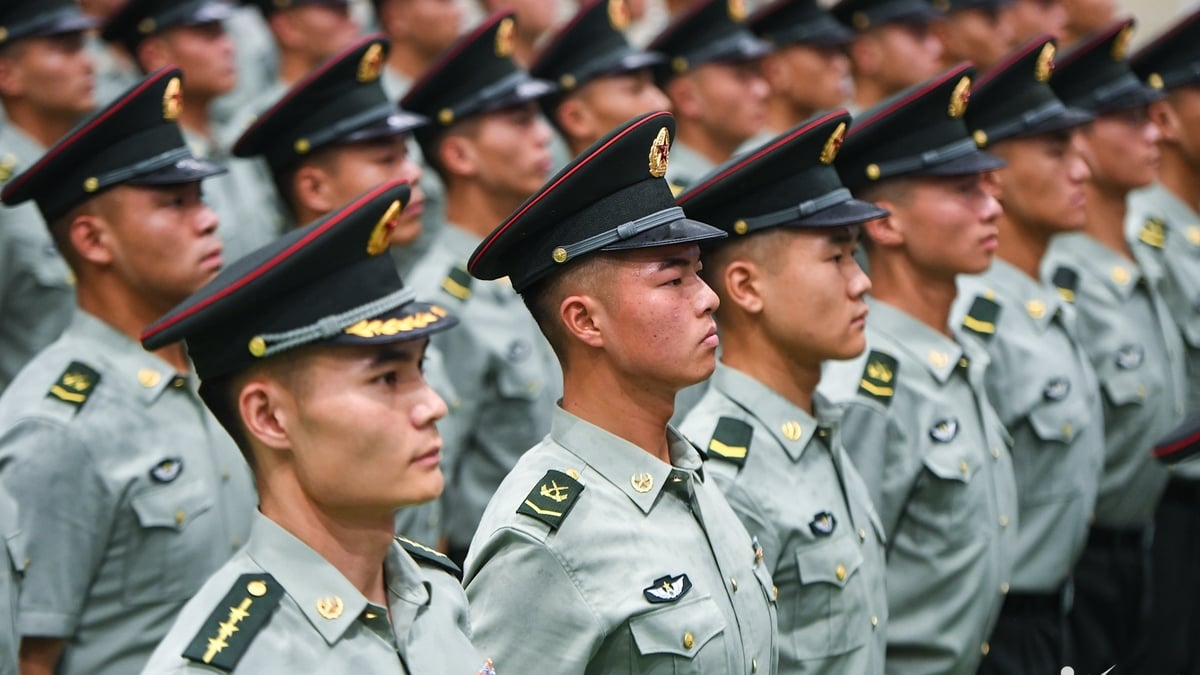
![[Photo] President Luong Cuong receives Speaker of the New Zealand Parliament Gerry Brownlee](https://vphoto.vietnam.vn/thumb/1200x675/vietnam/resource/IMAGE/2025/8/29/7accfe1f5d85485da58b0a61d35dc10f)
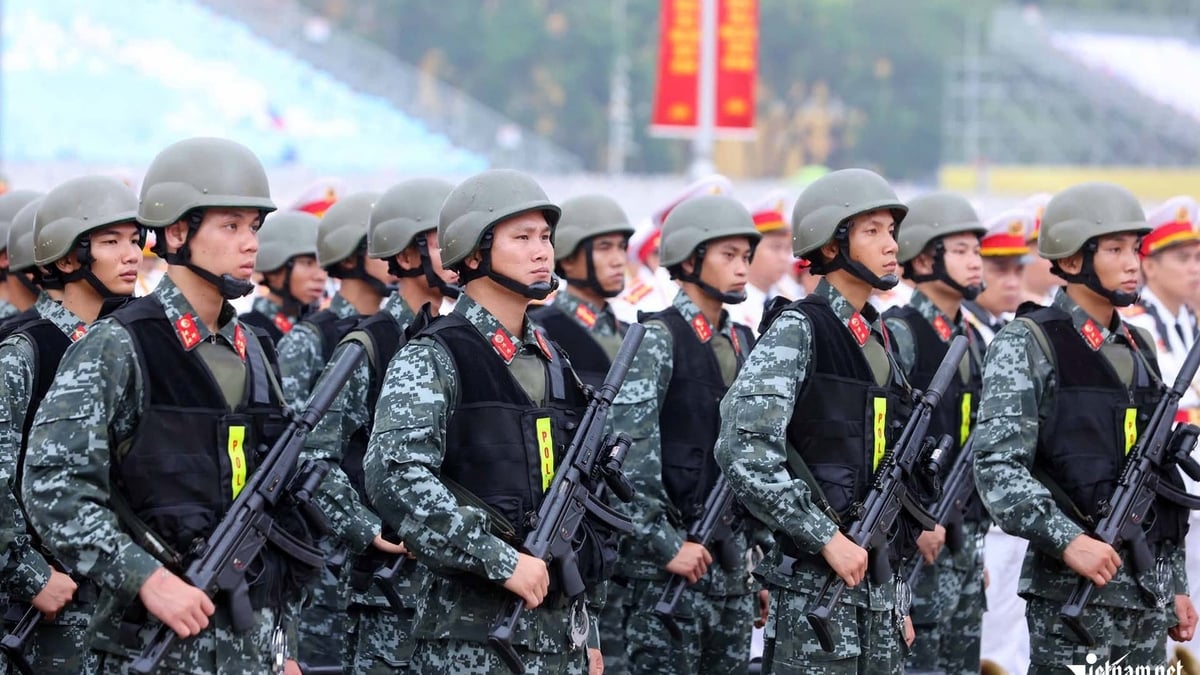




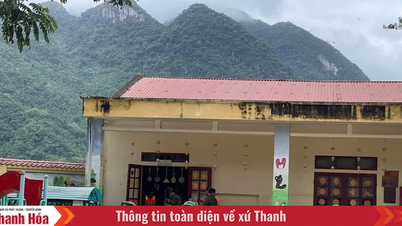



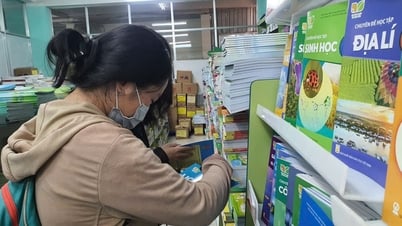






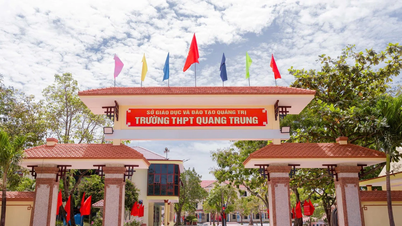






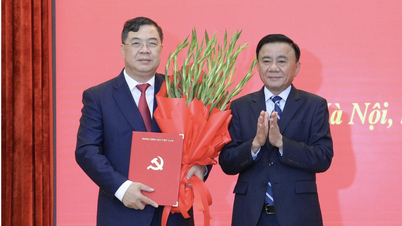


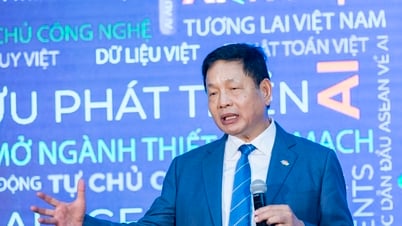











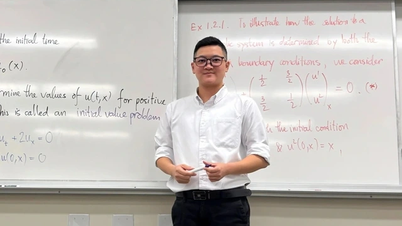
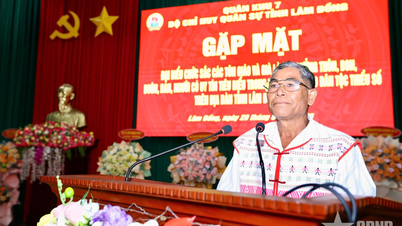





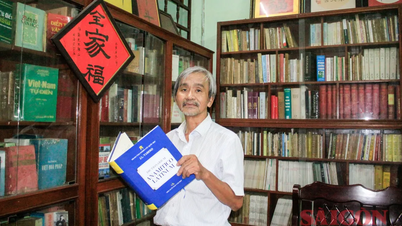





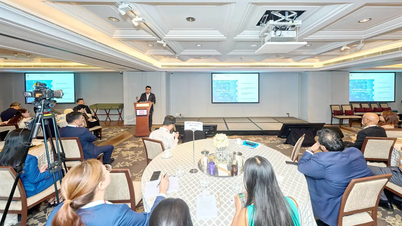


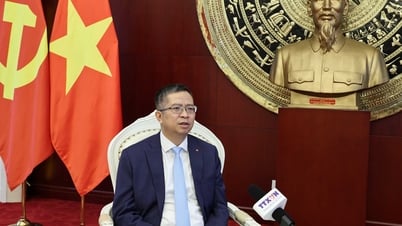
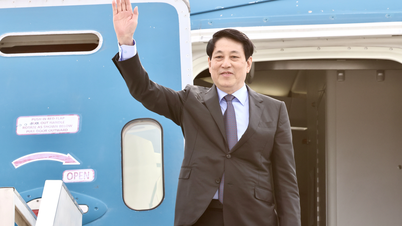
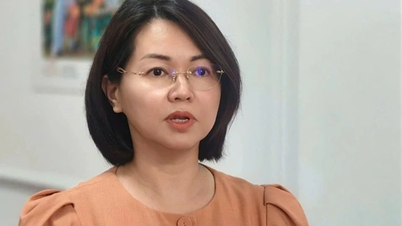


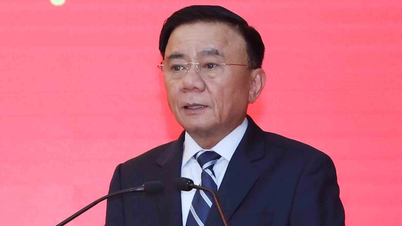

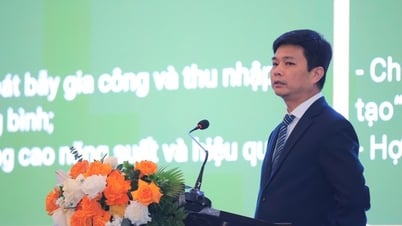


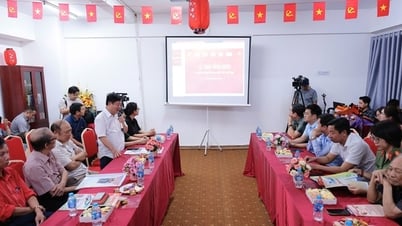
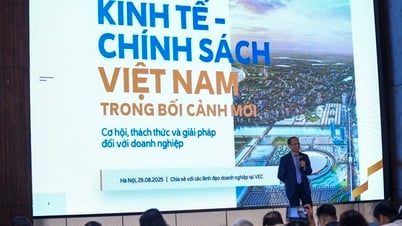
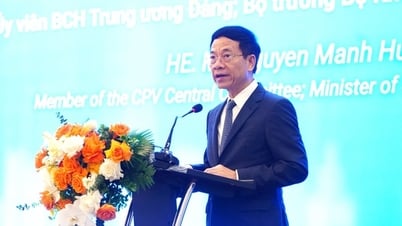





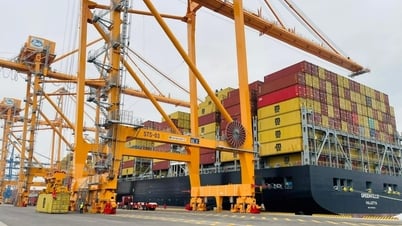














Comment (0)